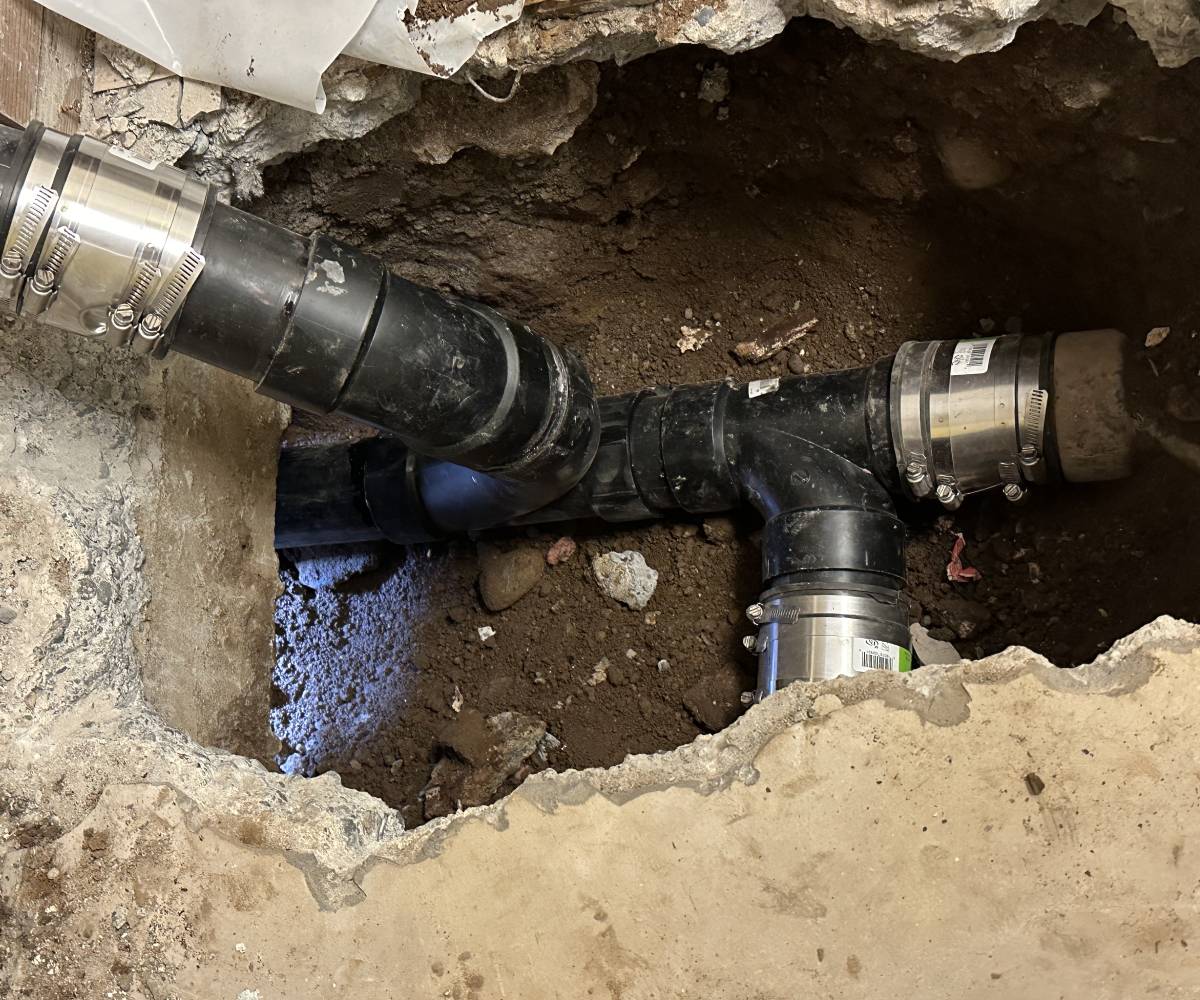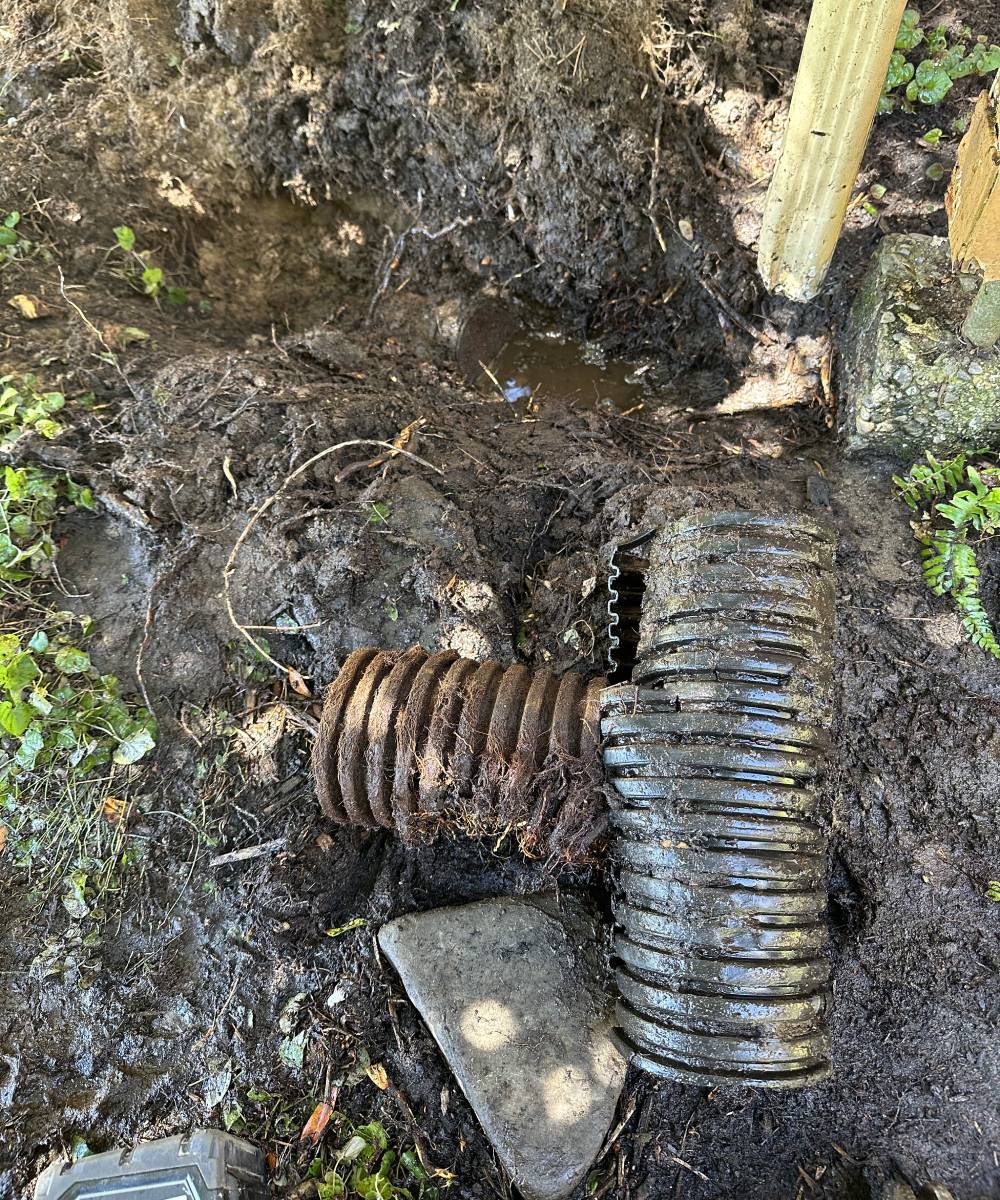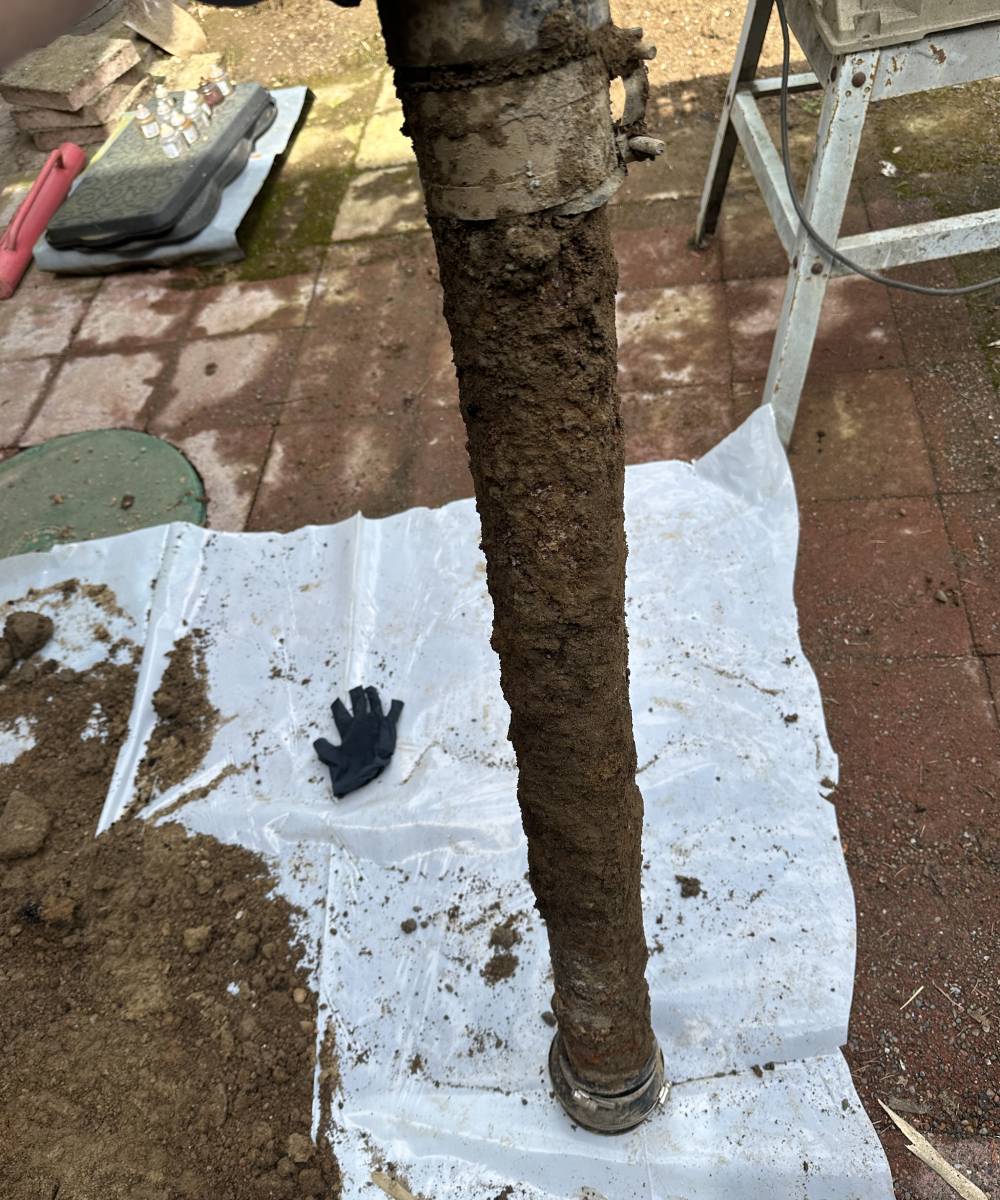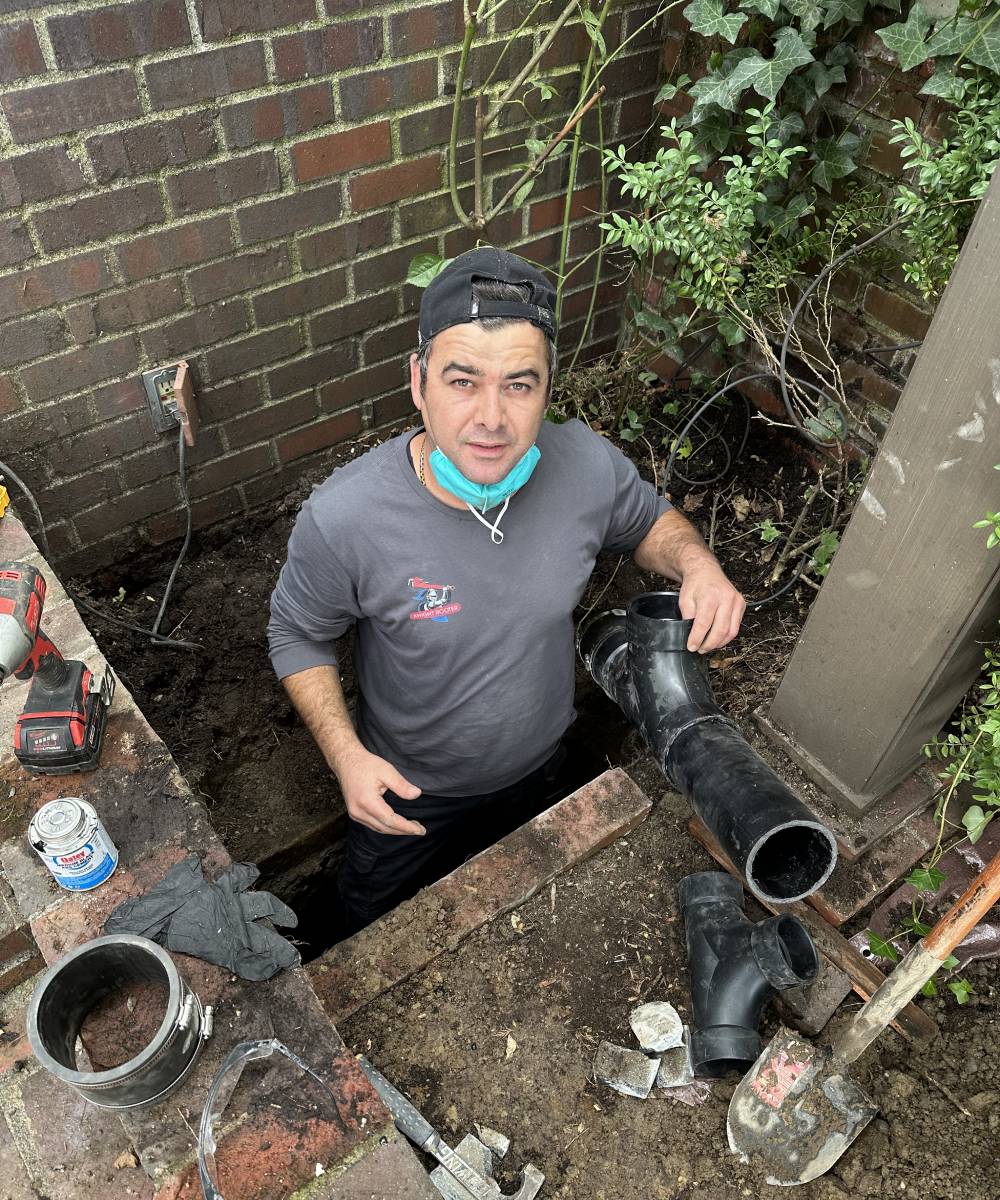Sewage system failures can lead to significant inconvenience and costly repairs if not identified early. Many homeowners are unaware of the warning signs that indicate their sewage system may be in trouble. In this guide, we’ll dive into the most common indicators of a failing sewage system and provide tips on how you can prevent future issues with regular maintenance.
Common Signs of a Failing Sewage System
1. Slow Drains
When you notice that water in your sinks, tubs, or showers is draining slower than usual, this is often a sign of a developing blockage in the sewer line. Slow drains can be caused by a buildup of grease, hair, soap residue, or even tree roots invading your pipes. Regular routine sewer maintenance helps to keep these blockages from turning into major problems.
Example Scenario: Imagine washing your hands in the sink and noticing that the water level remains steady instead of quickly disappearing. This seemingly minor inconvenience could be an early indicator of a more serious sewer issue.
2. Foul Odors
One of the most noticeable signs of a sewer issue is a foul odor emanating from your drains or yard. This unpleasant smell is often caused by a leak in the sewage system that releases gas into your home or the surrounding area. The presence of these odors should prompt immediate investigation, as ignoring them can lead to health hazards.
Real-Life Impact: If you notice a persistent smell similar to rotten eggs, it might be due to hydrogen sulfide gas escaping from your sewer lines, indicating a need for professional Sewer & Drain Cleaning Services.
3. Unusual Sounds from Pipes
Gurgling or bubbling sounds in your pipes when you use plumbing fixtures are strong indicators that there is trapped air in your sewage system. This can occur when a blockage prevents the normal flow of wastewater, causing air to build up in the pipes.
Tip: To address this, it’s essential to seek professional help before the situation escalates into a complete blockage, which could result in a costly repair.
4. Frequent Backups
Frequent sewer backups are one of the most serious signs of a failing sewage system. If you find that multiple drains in your home are backing up simultaneously, it’s a clear indication of a significant problem in the main sewer line.
Preventive Action: Regular sewer backup prevention tips include not flushing items like baby wipes, paper towels, or feminine hygiene products down the toilet, as they can easily cause clogs.
5. Lush Patches in the Lawn
While a lush green lawn is usually a sign of healthy grass, sudden patches of overly green and thriving areas in your yard can be a warning sign of a leaking sewer line. The nutrients in the sewage act as a fertilizer, causing the grass above the leak to grow more vigorously.
Why It Matters: This issue can indicate a severe crack or break in the sewer pipe, which if left unchecked, may lead to even bigger problems and more costly repairs.

The Importance of Routine Sewer Maintenance
Routine sewer maintenance plays a critical role in preventing unexpected sewage system failures. By scheduling regular inspections and cleaning, you can detect potential issues before they turn into major problems.
How Often Should You Perform Sewer Maintenance?
It’s advisable to have your sewer system inspected and cleaned at least once a year. However, older homes or properties with large trees nearby may require more frequent check-ups to prevent root intrusion and other issues.
Cost-Effective Approach: Investing in cost-effective sewer maintenance now can help you avoid the much higher costs of emergency repairs down the road.
Cost-Effective Tips to Prevent Sewer Backups
Proper Disposal of Waste
Ensure that you are disposing of waste properly to avoid blockages in your sewage system. Items like grease, coffee grounds, and non-biodegradable products should never be poured down the drain.
Quick Tip: Use strainers in your sinks to catch food particles and hair, which can prevent these items from clogging your pipes.
Regular Cleaning and Inspections
Regularly inspecting and cleaning your drains helps to maintain a healthy sewage system. Using enzyme-based cleaners can help break down organic matter in your pipes, keeping them clear without the need for harsh chemicals.
Preventive Maintenance: Scheduling a professional sewer line cleaning service can provide peace of mind and reduce the chances of a sudden sewer backup.
Real-Life Examples of Sewer System Failures
Several homeowners have faced costly sewer repairs simply because they ignored the early warning signs. For example, in one case, a small crack in the sewer line went unnoticed for months, eventually leading to a complete pipe collapse. By being proactive with preventive sewer care, you can avoid such scenarios.
Case Study: A client who scheduled annual maintenance with knightrooter reported a significant reduction in plumbing issues and lower repair costs, highlighting the effectiveness of preventive care.
FAQ
1: What are the early signs of a failing sewage system?
Slow drains, foul odors, unusual pipe sounds, frequent backups, and lush lawn patches are common indicators.
2: How often should sewer maintenance be performed?
At least once a year, but older homes or properties with trees nearby may need more frequent checks.
3: What should I do if I smell sewage in my home?
If you detect sewage odors, contact a professional immediately to inspect your system and prevent further issues.
Early detection and regular maintenance are key to avoiding major sewage system failures. By recognizing the warning signs and taking preventive steps, you can save on costly repairs and ensure your home remains safe and comfortable. Whether you need reliable sewer cleaning in Seattle or routine maintenance, trust knightrooter to provide expert sewer system care and keep your plumbing in top shape.





No comment yet, add your voice below!